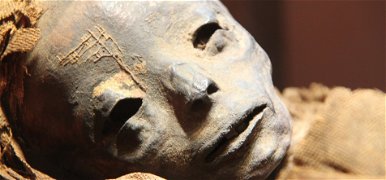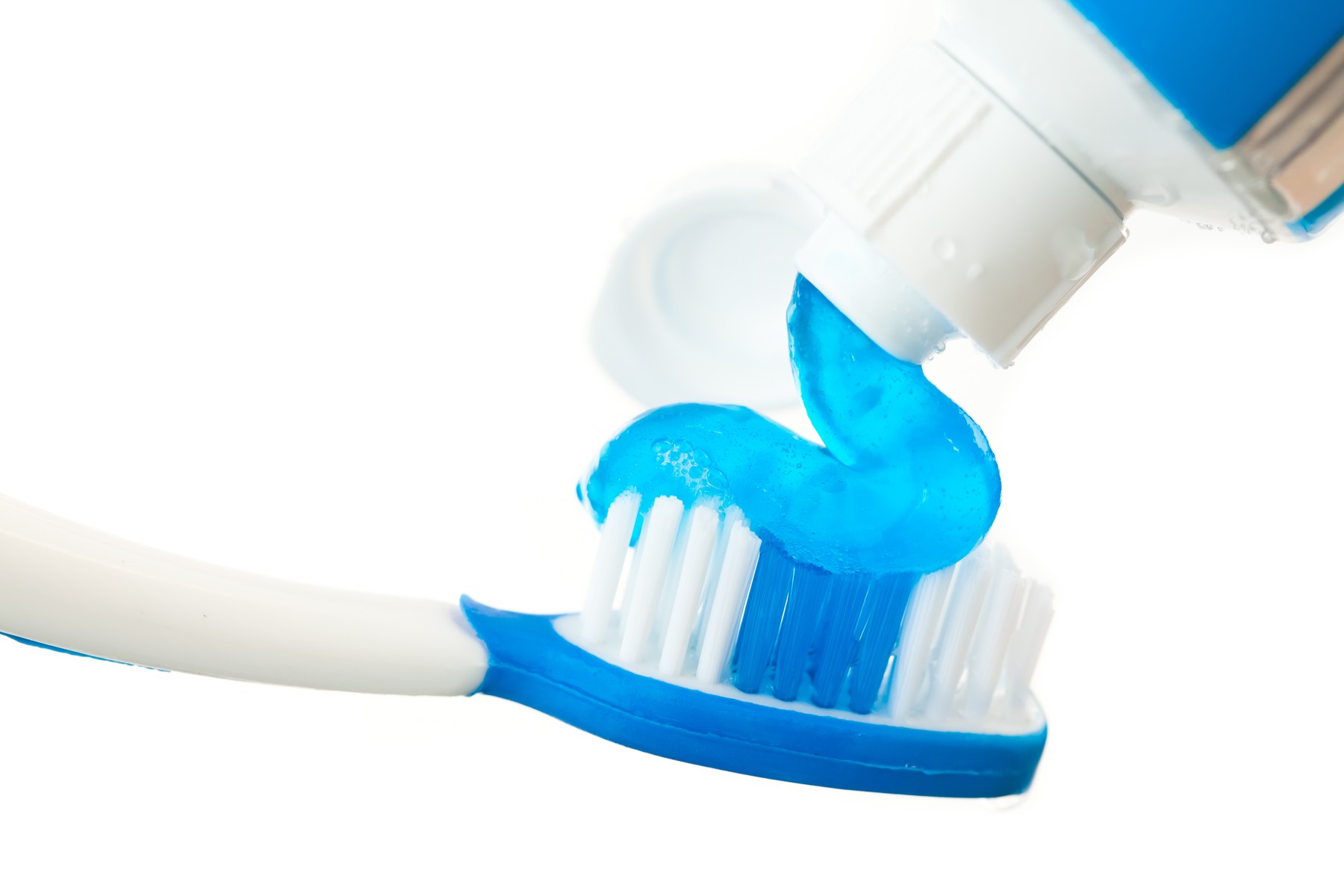According to dentists, it would be ideal if we brushed our teeth after every main meal, but this often does not fit into our fast-paced lives today. The remains of our ancestors prove that even though they tried to clean their teeth as efficiently as possible, scientists still found countless decaying teeth among the remains.
2000 years ago, encrypted messages and disturbing objects were found in ancient Egypt
Read more…
Read more…
According to research, even Neanderthals, who lived 130,000 years ago, used primitive toothpicks to remove stuck-on food residue. Bones or sticks and branches found in nature were often used for this purpose. A primitive method, but more or less effective. Dental care really began to develop in ancient Egypt, when the world's first toothpaste was invented, which was more like a powder than a cream, and mostly consisted of ingredients that people today generally don't want to put in their mouths:
It was composed of ash, animal hooves, eggshells, and pumice.

Revealing the secret of 5,000-year-old Egyptian mummies, and researchers make an amazing historical discovery
Read more…
Read more…
This strange mixture didn't really cleanse the teeth, but it was certainly good at removing some of the food stuck in them, and that was more than enough. Later, the Persians added burnt snails, oyster shells, various herbs, and honey to the existing mixture.
The Romans used charcoal and tree bark
To reduce bad breath.
Besides toothpaste, primitive toothbrushes, which were mainly made of twigs, also appeared in ancient Egypt and Babylon. The cleaning tools we use are reminiscent of the toothbrush that was invented in China during the Tang Dynasty. They included animal hair, bone and bamboo, and although they were not as effective as modern tools, for some reason the Chinese liked to brush their teeth with pig hair.












































